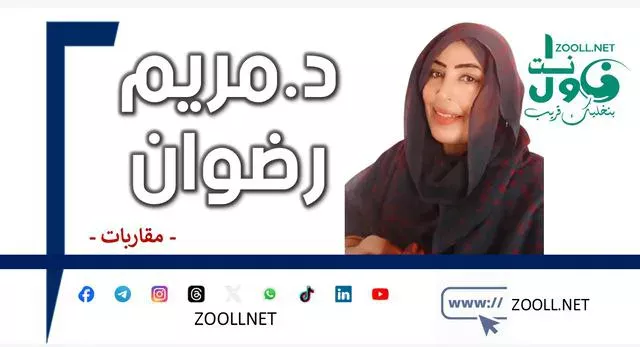Benghazi Sudanese Certificate Examinations (Between Hopes and Challenges) – Approaches – ✍️ Dr. Maryam Radwan

Amidst the war and its harsh reality, science blooms from its ashes to be a light for the future, and in light of the difficult circumstances and challenges that Sudanese certificate students are going through within and outside Outside the country, the city of Benghazi in Libya was one of the examination centers of the Sudanese-Libyan Friendship School. The Anglo-Libyan University has become a shining face, serving as an incubator for the conduction of the Sudanese certificate examinations at its headquarters in Salam town, Benghazi. The university administration, led by Dr. Attaf Al-Khafifi, with its wise leadership and humanitarian concern, has proven itself to be a model in supporting students taking the exams and providing them with a suitable environment. A great humanitarian initiative that reflects the conscience of the university. of the importance of education as a fundamental right that must be provided to every student.
I had the honor of being part of the Popular Initiative Group to support displaced people. At its head are the head of the initiative, Hajj Muhammad al-Mahdi, and the secretary general, Hassan Mahmoud. Accompanied by several esteemed teachers. During a field visit to the British Libyan University headquarters in Benghazi, as part of efforts to support student examiners, who face a double challenge when writing the Sudanese certificate examinations. The purpose of the visit was to check the progress of the exams and to get to know the conditions experienced by the candidates up close. Where 300 students, both male and female, are appearing for the Sudanese certificate exams at the Sudanese-Libyan Friendship School. It is regrettable that 50 of them were absent from the Sudanese certificate exams in Benghazi, even though they were given seats without knowing the reasons for their absence. This situation reflects the great challenges faced by students and their families, especially in light of the difficult conditions in which they live, most of whom are displaced. It is also a wake-up call to the Sudanese school administration and officials of the importance of pre-planning and providing comprehensive support to students.
The visit revealed major challenges faced by students taking the exams, including lack of logistical support for students and absence of basic services. There is no drinking water or snacks to ease exam stress. Particularly for students who travel long distances daily to reach Benghazi, in the absence of housing options for them and their families, it has been possible to exploit the headquarters of the Sudanese community in Benghazi.
What also compounded the pain was the absence of an active role from the responsible Sudanese authorities, who were supposed to be a real support for these candidates. This obvious negligence requires a serious pause and a reassessment of the role of these parties with students and their families who are experiencing a double ordeal between travel and exam pressure.
Note that most schools in Sudan provide full meals for examiners and invigilators, reflecting their interest in the well-being and performance of candidates. Despite the war and deteriorating economic conditions, it reflects the spirit of solidarity and societal responsibility that characterizes the Sudanese people. This humanitarian model highlights the capacity of societies to resist and innovate in the face of major challenges.
What if the consulate, the Sudanese school and the IDP and community support initiative worked with members of the Benghazi community. Providing a full meal to the candidates would have been a humane and responsible measure that reflects their genuine concern for them. This measure can reduce the financial burden on families, especially in light of difficult economic conditions.
This also reflects the moral commitment of these parties to the social role. We particularly blame the Sudanese school, which could have strengthened its interest in students not only academically but also humanitarianally.
Among the sightings was Hajja Minni, a displaced woman whose story is painful, as it touches on a bitter reality, as she endures her deceased daughter's daughter with patience and determination. Pass the Sudanese certificate exams even if she lives outside Benghazi city and has to bear the hassle of travel and fees to the exam headquarters. The fact that she endured these ordeals is a testament to her strength and her conviction of the importance of knowledge for the future of future generations. (The Need for Me) is not just an individual case, but rather a voice for those who need support. between responsible authorities can have a significant impact on improving one's life and that of others.
The pursuit of education becomes a daily challenge. These students represent the flame of hope for a better future. They carry in their hearts unquenchable ambitions and dreams that defy adversity. They are the hope of the future and the symbol of determination to succeed. despite the difficulties. We pay tribute to their determination which lights their path in the darkness of war. We wish them success.





